IBANDRONATE - INJECTION
PHONETIC PRONUNCIATION: (eye-BAN-droe-nate)
COMMON BRAND NAME(S): Boniva
GENERIC NAME(S): ibandronate sodium
Uses
USES: Ibandronate is used to prevent and treat certain types of bone loss (osteoporosis). Osteoporosis causes bones to become thinner and break more easily. Your chance of developing osteoporosis increases after menopause, as you age, or if you take corticosteroid medications (such as prednisone) for long periods. This medication works by slowing bone loss to help maintain strong bones and reduce the risk of broken bones (fractures). Ibandronate belongs to a class of medications called bisphosphonates.
How to use IBANDRONATE - INJECTION
HOW TO USE: Read the Medication Guide and, if available, the Patient Information Leaflet provided by your pharmacist before you start using ibandronate and each time you get another dose. If you have any questions, ask your doctor or pharmacist. This medication is given by injection into a vein over a period of 15-30 seconds by a health care professional as directed by your doctor. It is usually given once every 3 months. Use this medication regularly to get the most benefit from it. It is important to keep receiving this medication even if you feel well. Most people with osteoporosis do not have symptoms. Remember to receive it every 3 months. It may help to mark your calendar with a reminder. Talk to your doctor about the risks and benefits of long-term use of this medication. Continue to take other medications for your condition as directed by your doctor.
Side Effects
Precautions
Interactions
Overdose
Images
Reviews
Disclaimer
IMPORTANT: HOW TO USE THIS INFORMATION: This is a summary and does NOT have all possible information about this product. This information does not assure that this product is safe, effective, or appropriate for you. This information is not individual medical advice and does not substitute for the advice of your health care professional. Always ask your health care professional for complete information about this product and your specific health needs.
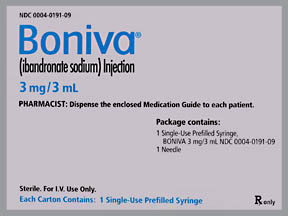
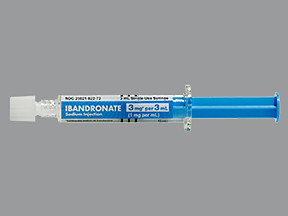
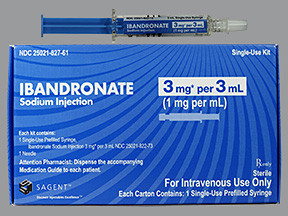
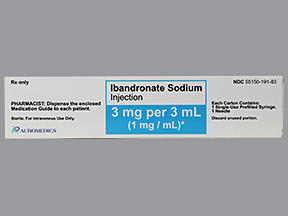
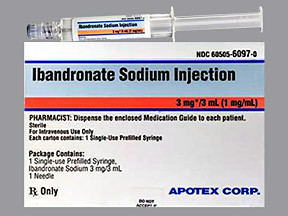
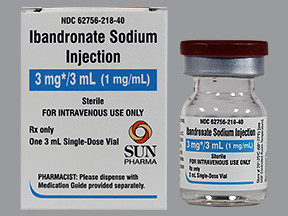
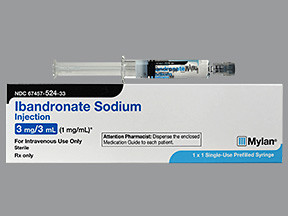
No Reviews Yet